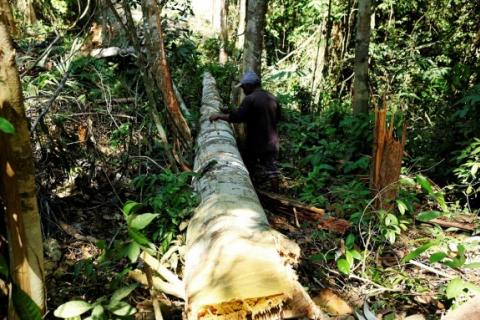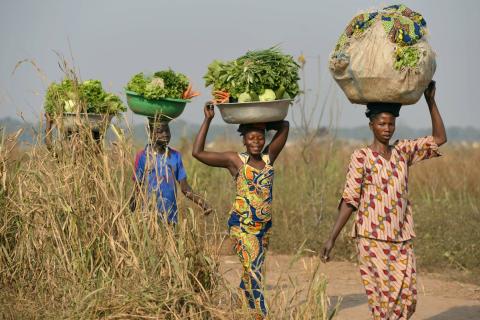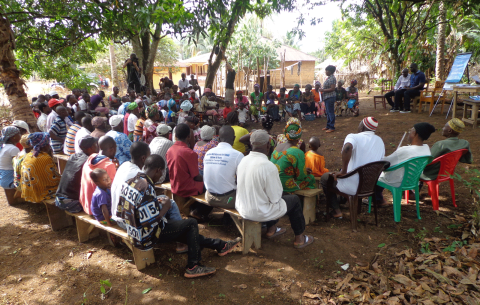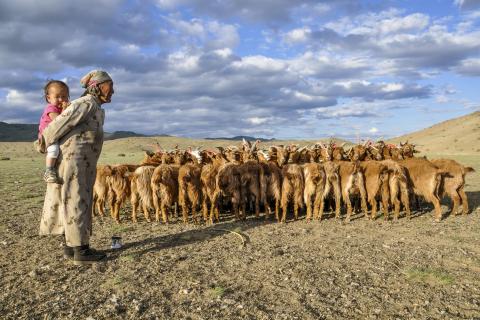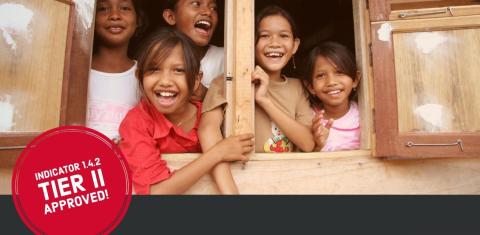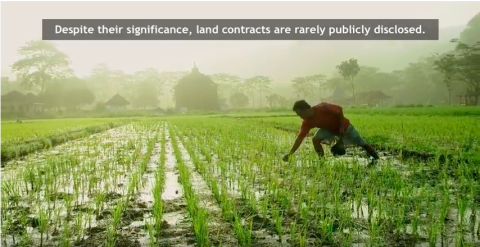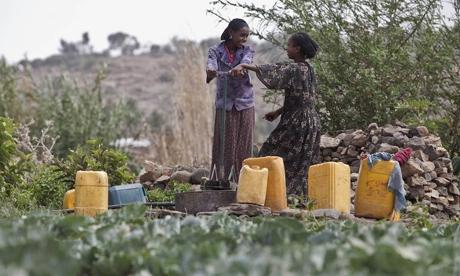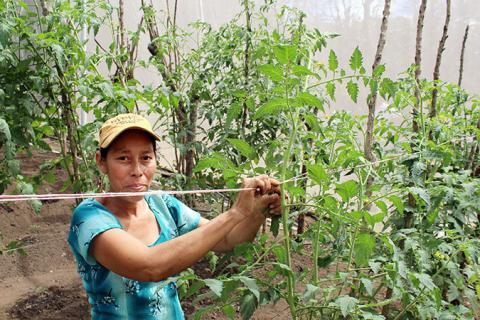Discover hidden stories and unheard voices on land governance issues from around the world. This is where the Land Portal community shares activities, experiences, challenges and successes.
 Follow our
Follow our
Sustainable Development Goals
Blog Series!
Interested in land corruption?
Follow our Land & Corruption Blog Series
for in-depth perspectives from the experts.
Issues
Geographical focus
October 2017: In 2012, the Committee on World Food Security (CFS) endorsed Voluntary Guidelines on the Responsible Governance of Tenure, forests, and fisheries (VGGT, or the Voluntary Guidelines) to, inter alia, promote food security and sustainable development by improving secure access to land, fisheries, and forests.
The 16th of October marks World Food Day, a reminder to the international community of the criticality of treating food security as a 21st Century priority if sustainable development, peace and security and the realisation of human rights are to be achieved.
The Namati team in Sierra Leone is engaged in an ongoing effort to discover sustainable measures for community ownership, management, and administration of land and natural resources throughout the country. To this end, we have taken on a new project: the application of a legal empowerment approach to community land protection.
Ask a land rights defender if there is a human right to land, and she will likely say “Yes, without a doubt.” For people around the world, land is a source of food, shelter, and livelihoods; it’s an economic asset, a crucial safety net, a link with culture and social identity, even a living relative or ancestor. Given their importance, land rights are surely human rights.
From 11-14 November in Bahrain, decisions are being made that will influence priorities of governments around the world.
In September 2015, at a meeting of the United Nations General Assembly, 193 countries endorsed the 2030 Sustainable Development Goals – known as the SDGs or Global Goals. This collection of 17 ambitious goals and 169 targets form a framework to address the global challenge of eradicating poverty.
On 12th November 2017, the 6th meeting of the Inter-agency and Expert Group on Sustainable Development Goal Indicators (IAEG-SDGs) reached a major decision to reclassify tenure security Indicator 1.4.2 from Tier III to II in Manama, Kingdom of Bahrain. This decision marks the beginning of a global journey to monitor tenure security for all, using comparable land indicators for globally comparable data.
The Columbia Center on Sustainable Investment (CCSI) (link is external) spoke with Michael Jarvis, Executive Director of the Transparency and Accountability Initiative (TAI), about OpenLandContracts.org, how the landscape regarding contract transparency has changed in recent years, and what these changes mean for stakeholders seeking to improve governance and accountability in the context of natural resource investments.
Around the world, rural women are a major provider of food and food security.
As part of the recent peace accords, Colombia is returning land to the victims of a 50-year internal armed conflict. This includes the protection of women's fundamental rights, which is especially important because the violence and forced displacement had a higher impact on rural women.
A relatively obscure and technical determination earlier this week by a relatively little-known international body could mean a sea change in economic and social empowerment prospects for hundreds of millions of women and their families. Insecure rights to land constrain opportunity for over 2 billion people living in urban and rural informality. And women fare the worst.

